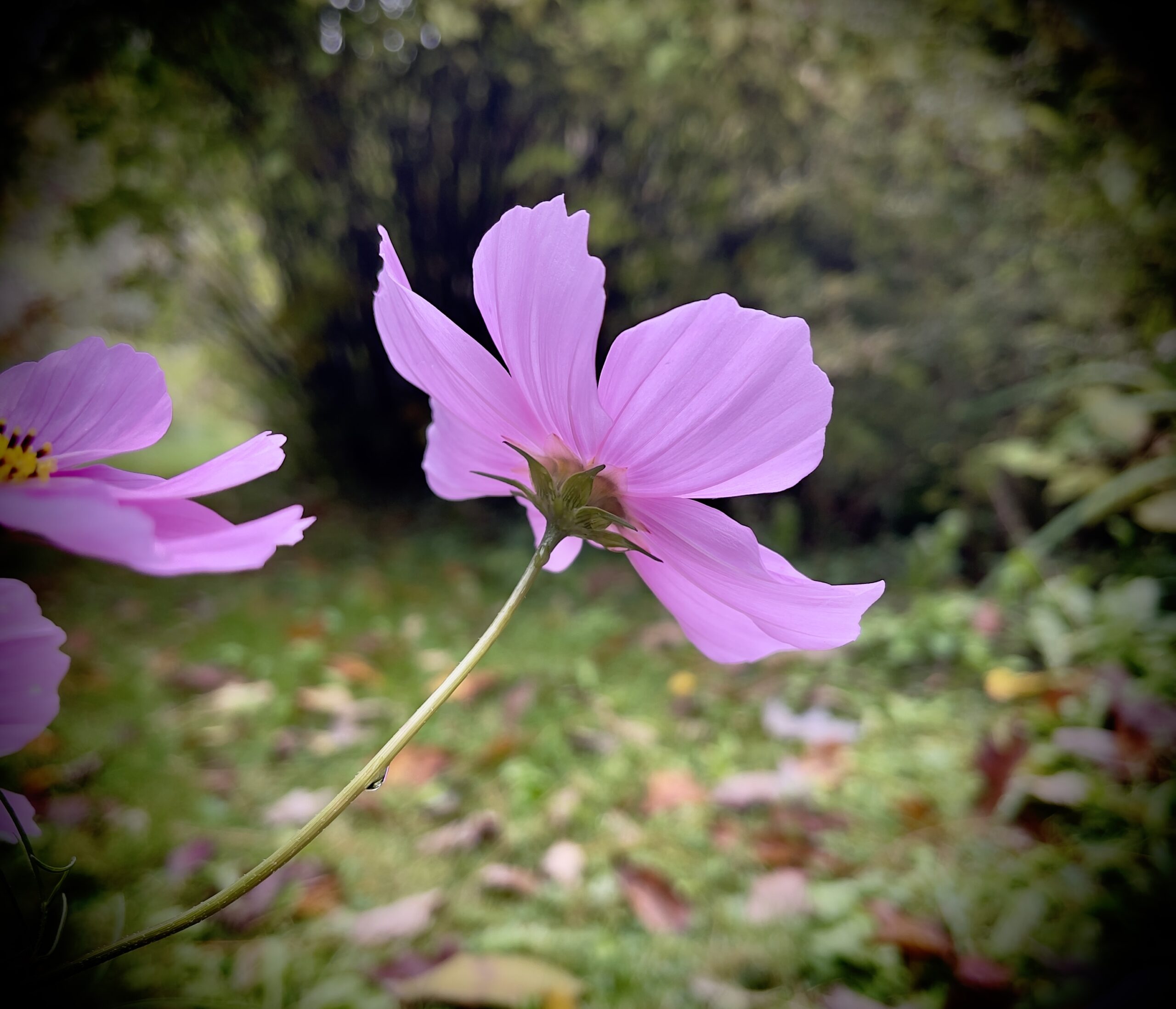Your cart is currently empty!

Powerful Shifts From Fear to Freedom Through Nature Connection
Fear Inhibiting What We Want to Do
Do you remember the Canadian Red Cross swimming lessons? Yellow, Orange, Red, Maroon, Blue, Green, Grey and finally White! Nobody failed Yellow. Wait, I did! I failed Yellow a couple of times. I was quite anxious when I started swimming lessons, which I suppose is normal for a kid who grew up in the Canadian prairies. I wanted to swim, but I was scared to let go, to submerge under the water, to let my feet float. I vividly remember those feeling of intense anxiety — my hands gripping the edge of the pool, unable to let go.
Eventually, I was able to swim like a little fish. I ended up hanging out at the pool almost every day in the summer. It was the best.
How Do We Overcome Fear?
How do we overcome fear? By taking risks and doing what we set out to do. But before we take the plunge, it helps to improve our emotional state. As a child in my first swimming lessons, I distinctly remember being resistant to change. Patient instructors got through to me, though. After taking a few small risks and realizing I could survive, my confidence grew. This allowed me to keep practicing, have fun, and eventually relax.
Why Influence Our Emotional State?
Our emotional state influences how we show up in all areas of life, not just swimming lessons. It affects our actions, creativity, decision-making, and success. When we feel good, we reach our goals faster because we are not stuck in reactive or frozen states. We can tune in, decide what we truly want, and take inspired action.
Accessing our intuition is also a key part of this process. Intuition — our ability to tap into deeper knowing — becomes clearer when we are calm and present. In lower emotional states, stress can cloud our perception and judgement, making it harder to trust our instincts. Raising your emotional state helps ensure that the insights you receive are grounded in clarity and truth.
When we’re in higher vibrational states, everything feels better: our relationships, our work, our creativity. This doesn’t mean that there isn’t truth in our suffering, but we don’t need to stay there. We can take action to move through it.
That’s why I incorporate daily practices of nature connection to help raise my vibration and to access my greater knowing.
One Way to Access a Better Feeling State
An easy way to check in with yourself each day and improve your emotional terrain is to find a window, preferably with a view of a tree. Take six to eight deep breaths. Look at the tree. Set the intention to connect with it. Imagine saying “hello” to the tree. Wait… Do you feel a response in return? Your might, but it’s not necessary. Affirm to yourself, “I am safe, I am capable, everything is going to be alright.” Rest, connect with the tree, and keep breathing until you notice you are feeling better.
Arrive in the moment — not focusing on the future or the past. Watching branches sway in the wind or observing squirrels or birds in the trees can help anchor you in the present. Listing what you notice can also help.
Conculsion
Whether you are feeling sad, anxious, or stuck, try a mini nature connection — all from the comfort of an indoor space, if you prefer. Let it help you find fresh emotional ground so you can move forward with your best self in the moment. From this more vibrant state, you’ll improve your access to your intuition — your greater knowing — and follow through with inspired action toward your goals and dreams.
Learn More
- Deep Breathing: Activates the parasympathetic nervous system, reducing anxiety and promoting calm.
- Exposure Therapy: Gradually confronting fears in small, manageable steps builds resilience and confidence.
- Science behind mindfulness: stress activates the amygdala (fear centre), while calm states allow the prefrontal cortex (decision-making and reasoning) to function optimally.
- Biophilia Hypothesis: Humans have an innate need to connect with nature, which improves mood and reduces stress.
- Attention Restoration Theory: Nature helps restore mental focus and reduces cognitive fatigue.
